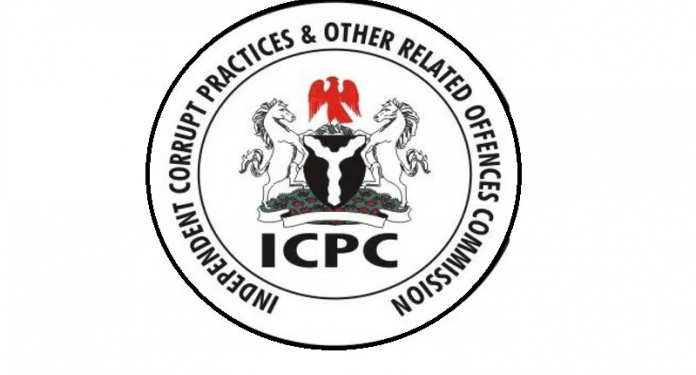The ICPC has revealed that the Supreme Court of Nigeria, the National Hajj Commission of Nigeria (NAHCON), and 13 other agencies failed to meet the requirements of its 2024 Ethics and Integrity Compliance Scorecard (EICS).
This announcement highlights the failure of several key institutions to meet the required ethical standards and guidelines set by the ICPC for the year.
Chairman of the ICPC, Dr Musa Aliyu, made this revelation while unveiling the agency’s EICS on Thursday in Abuja.
The Chairman was represented by the ICPC Director of Public Enlightenment and Education, Demola Bakare.
Aliyu reported that 330 Ministries, Departments, and Agencies (MDAs) were assessed in the outgoing year, but none achieved full compliance with the EICS.
He emphasised that the 15 non-compliant MDAs had completely failed to conduct any system studies or submitted necessary financial and audit reports.
Aliyu said among the non-compliant agencies were the University of Ibadan (UI), Obafemi Awolowo University (OAU), Ile-Ife, Legal Aid Council, Abuja, and Federal Teaching Hospital, Gombe.
Other entities on the list, he said included the Federal Civil Service Commission (FCSC), Abuja; Council of Nigerian Mining Engineers and Geoscientists; Institute of Chartered Chemists of Nigeria; and the National Obstetrics Fistula Centre, Ningi, among others.
Aliyu warned that the ICPC would take appropriate actions, including enforcement measures, against these MDAs to ensure they complied with government directives.
In spite of the non-compliance of some agencies, the Chairman commended the Joint Admissions and Matriculation Board (JAMB) for emerging as the top performer in the EICS with a score of 89.75 per cent.
The Nigeria Railway Corporation (NRC) came second with 89.33 per cent, followed by Nigeria Bulk Electricity Trading Plc (NBET) with 88.73 per cent.
The assessment covered key indicators, including Management Culture and Structure (MCS), Governance and Executive Management, and Financial Management Systems (FMS).
It also examined Finance, Revenue, and Audit Processes, as well as Administrative Systems (AS), which included policies, ethics education, and whistle-blowing mechanisms.
The EICS serves as a preventive tool to assess and improve MDAs’ compliance with ethical standards, policies, and anti-corruption measures.
He said that the scorecard aimed to identify organisational gaps, provide actionable insights, advise the government on policy development, and foster self-evaluation within MDAs.
Aliyu further revealed that between December 2023 and December 2024, the ICPC tracked 1,500 projects across 22 states valued at N610 billion.
“During this period, the commission recovered N346 million in cash, assets worth N400 million, and helped the government save N30 billion.
“The tool covered 323 responsive MDAs, with 15 categorised as non-responsive and high-risk for corruption,” Aliyu said, noting that no MDA achieved full compliance in 2024.
He attributed these results to the absence of whistle-blower policies, strategic plans, and effective stock verification units.
He added that 29.55 per cent of MDAs achieved substantial compliance, 51.62 per cent partial compliance, 15.91 per cent poor compliance, and 2.92 per cent were non-compliant.
He said that ICPC would continue recognising MDAs with substantial compliance and deploying tools to promote integrity and accountability.
In his remarks, Jimoh Sulaiman, Head of the Constituency and Executive Projects Tracking Initiative (CEPTI), highlighted that project tracking had led to a higher completion rate for projects and increased public interest in constituency projects.
“Nigerians now understand that project funding comes from the Federal Government, not politicians’ pockets. They are demanding accountability,” Sulaiman stated. (NAN)











